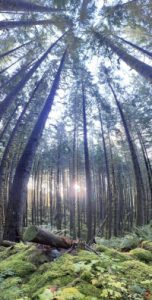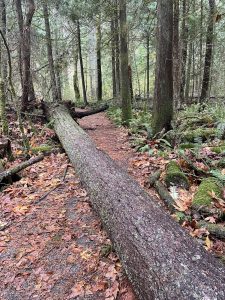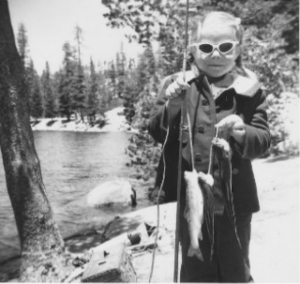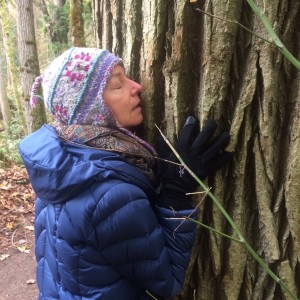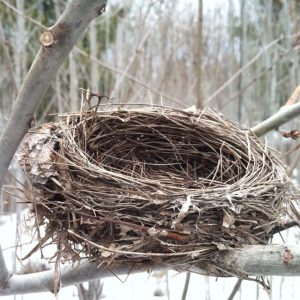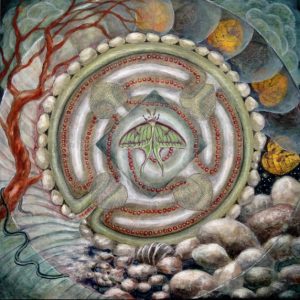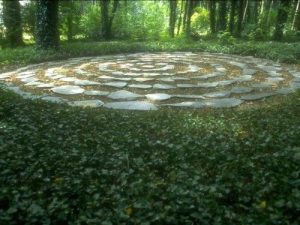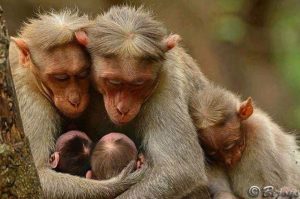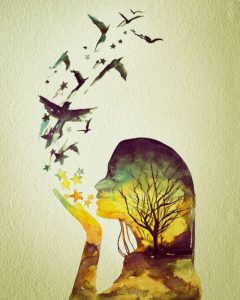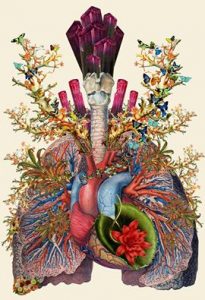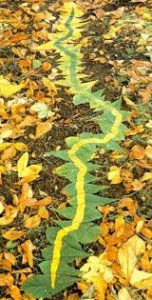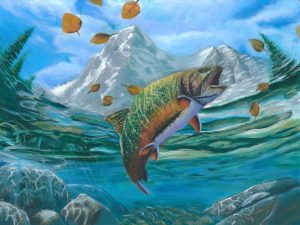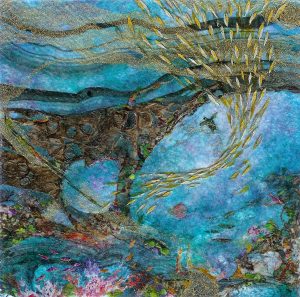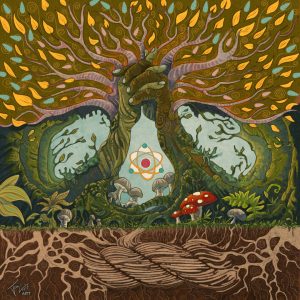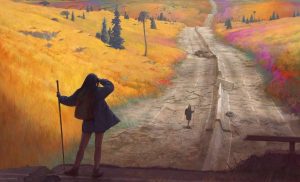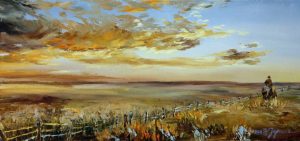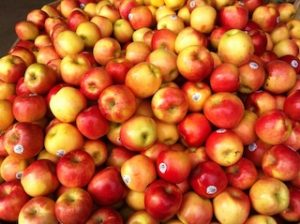 The Columbia City Yoga on-line Moving into Meditation class met this morning. Including everything in mindfulness draws us more intimately into the reality of our lives. Touching uncertainty and vulnerability can open our hearts to our shared human condition. We can develop the inner resources we can draw on and that we can offer others in times of difficulty. Our embodied presence makes so much possible. We can create the conditions for our inner truths and deeper wisdom to arise.
The Columbia City Yoga on-line Moving into Meditation class met this morning. Including everything in mindfulness draws us more intimately into the reality of our lives. Touching uncertainty and vulnerability can open our hearts to our shared human condition. We can develop the inner resources we can draw on and that we can offer others in times of difficulty. Our embodied presence makes so much possible. We can create the conditions for our inner truths and deeper wisdom to arise.
We practiced a guided meditation inspired by Oren Jay Sofer. Oren is author of the Sounds True Audio course, Speak Your Truth With Love and Listen Deeply: A Training in Mindfulness Based Nonviolent Communication. I’ve studied with Oren for a number of years. This course is a beautiful and thoughtful training in how to bring our embodied presence to the world can support our relationships and help us to grow as compassionate actors in the world.
We heard Padraig O Tauma’s poem The Facts of Life. Padraig is an Irish poet and theologian. He presents Poetry Unbound a program produced by On Being Studios. This poem encourages us to bring our hearts to live and love in the world.

